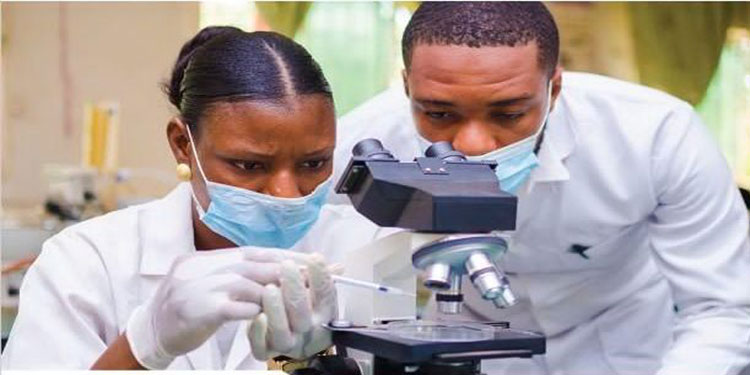
A road plan to secure health and long-term health outcomes is provided by the New Public Health Order for Africa. Five pillars serve as its guidelines:
1) Strong African public health institutions that advance important health indicators and promote African interests in global health governance;
2) Increased production of therapeutics, diagnostics, and vaccines to democratise access to life-saving drugs and tools;
3) Investing in leadership and workforce development programmes for public health to give Africa the workforce it needs to confront health issues;
4) Increasing domestic health investment, including domestic mobilisation of financial, human, technical, and network resources; and
5) Respectful, action-focused partnerships to improve the production of vaccines, the growth of the healthcare workforce, and effective public health institutions.
African Union Chairperson Moussa Faki stated, “To achieve [its public health goals], the African Union Assembly in February 2022 awarded Africa CDC autonomy to be able to perform its purpose, assisting member states to attain health sovereignty. However, he continued, “Africa CDC alone cannot meet this task.
Leaders urged everyone who purchases vaccinations, including the Global Alliance for Vaccine and Immunization (GAVI), to buy at least 30% of their vaccines from African suppliers. Despite only producing 1% of the vaccines that are regularly administered, Africa has set a lofty goal of meeting up to 60% of its vaccine demand through regional manufacture by 2040. Vaccine purchasing mechanisms can encourage private sector involvement in vaccine manufacture by formally pledging to offtake vaccines from Africa.
“Health workers are a key component of a healthy healthcare system. According to President Cyril Ramaphosa, whose statement was read aloud by South Africa’s Minister of Health, Dr. Joe Phaahla. “Investing in the health workforce is excellent economics because the return is verifiable and reliable,” he continued.
A deeper commitment to supporting Community Health Worker programmes in Africa was especially recommended by leaders to increase investment in health workforce development.
The Africa CDC and African Union Commission require partners to accelerate efforts toward developing stronger public health institutions, a strong workforce, and medical manufacturing in Africa. Leaders stressed the significance of these partnerships’ nature and advocated for alliances based on the values of reciprocity and respect, which acknowledge African knowledge and skills and provide support and initiatives that are pertinent to the local environment. Delivering a New Public Health Order for Africa is essential for bolstering the global health infrastructure and guaranteeing improved global preparation to successfully respond to infectious disease outbreaks in the future, according to partners of the African Union Commission and Africa CDC.
The $1.5 billion Saving Lives and Livelihoods initiative was launched last year as a result of a partnership between the Africa CDC and the Mastercard Foundation. According to Reeta Roy, President and CEO of the Mastercard Foundation, “achieving this future will take partnership, and not just any partnership but partnership that’s rooted in respect – and that means starting by listening, understanding, and then responding to real needs and to priorities.” Over 65 million vaccines have been purchased for Africans as part of the Saving Lives and Livelihoods project, and millions more are now able to receive vaccinations. In order to secure long-term health security, the project is also intended to promote the development of the health workforce and enhance the Africa CDC.
